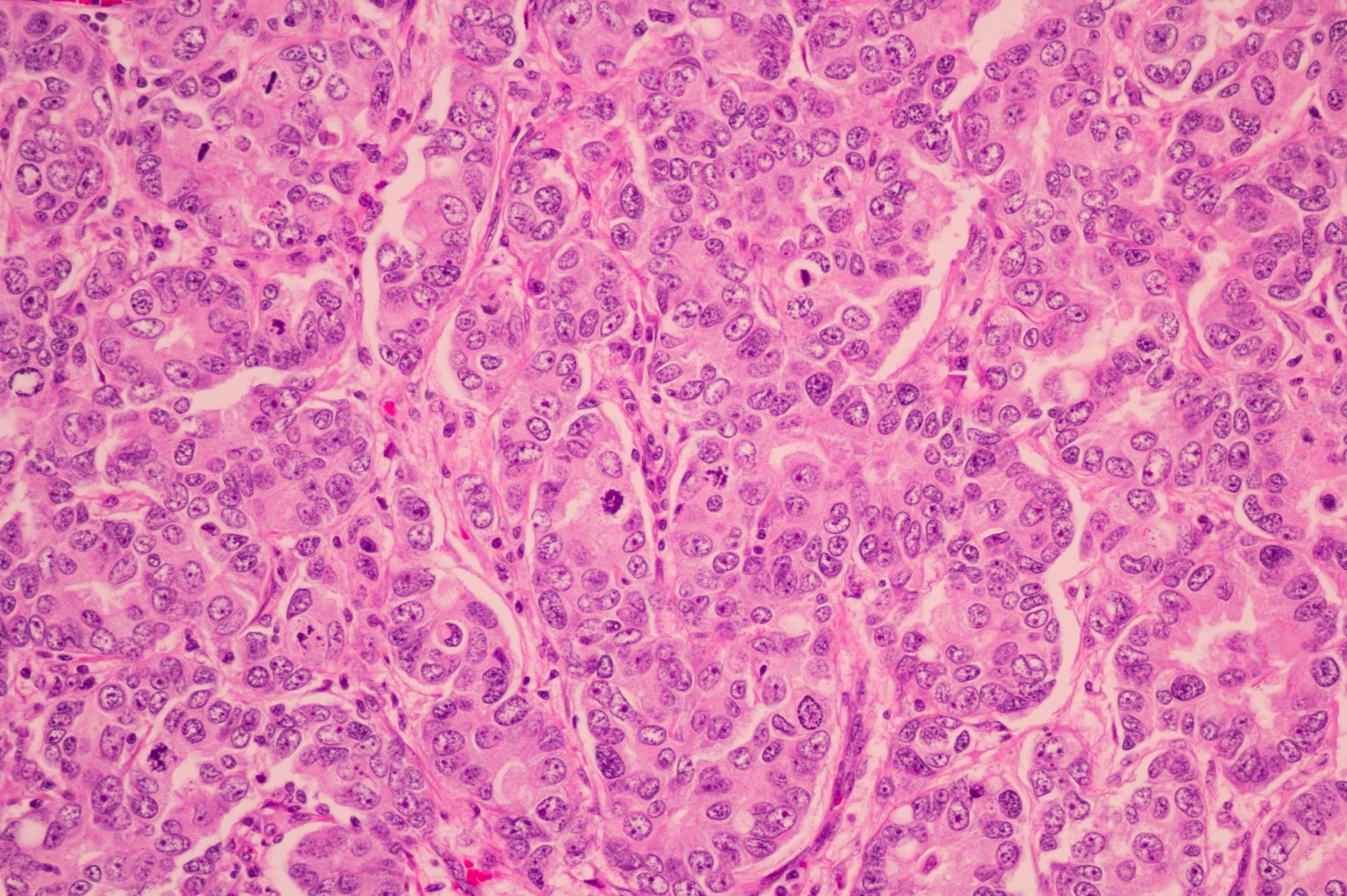
Image Credit: Shutterstock.com/Komsan Loonprom
However, employing the technology in medical situations can be contentious because of the hazard of inadvertent data release and many systems being owned and regulated by private companies, providing them access to confidential patient information — and the charge for safeguarding it.
Swarm learning teaches AI algorithms to spot patterns in data that is kept by a hospital or university, such as genetic variations within images of the human tissue. The swarm learning platform then transmits this newly programmed algorithm — but notably no local data or patient data — to a central computer.
There, it is integrated with algorithms produced by other hospitals in an identical manner to form an enhanced algorithm. This is then returned to the original hospital, where it is reapplied to the initial data, enhancing the identification of genetic variations owing to its more sensitive identification abilities.
By performing this many times, the algorithm can be enhanced, and once created, it is operative on all the data sets. This means that the method can be used without the need for any data to be sent to third-party companies or to be transmitted between hospitals or across country borders.
Predicting Cancer
The team programmed AI algorithms to study data from three patient groups from Northern Germany, Ireland and the USA. The algorithms were tried out on two huge sets of data images produced at Leeds and were observed to have effectively learned how to predict the existence of various subtypes of cancer in the images.
The study was directed by Jakob Nikolas Kather, Visiting Associate Professor at Leeds’ School of Medicine and Researcher at the University Hospital RWTH Aachen. The team included Professors Heike Grabsch and Phil Quirke, and Dr. Nick West from Leeds’ School of Medicine.
Dr. Kather said: “Based on data from over 5,000 patients, we were able to show that AI models trained with swarm learning can predict clinically relevant genetic changes directly from images of tissue from colon tumors.”
We have shown that swarm learning can be used in medicine to train independent AI algorithms for any image analysis task. This means it is possible to overcome the need for data transfer without institutions having to relinquish secure control of their data. Creating an AI system which can perform this task improves our ability to apply AI in the future.
Phil Quirke, Professor of Pathology, University of Leeds
Journal Reference:
Saldanha, O. L., et al. (2022) Swarm learning for decentralized artificial intelligence in cancer histopathology. Nature. doi.org/10.1038/s41591-022-01768-5.